The phenomenon of "toxic fandom" has recently become a significant issue in China, particularly affecting the nation's sports stars. This term refers to the intense, often obsessive behavior of fans that can turn harmful, involving excessive adulation, invasion of privacy, online abuse, and other forms of harassment. This issue has drawn the attention of Chinese authorities, who are now taking steps to crack down on such behavior, as they believe it is damaging both to the sports industry and the well-being of the athletes.
A prominent example is 17-year-old diver Quan Hongchan, who won two gold medals at the Paris Olympics, adding to her previous gold from the Tokyo Olympics in 2021. Since her victories, Quan has become the focus of overwhelming public attention, with fans even flocking to her hometown in rural Guangdong. The pressure from this constant attention has led her to avoid going home, and she was recently seen in tears, overwhelmed by fans during a visit to Macau with China's Olympic team.
Similarly, gymnast Zhang Boheng was forced to hide in a toilet at a Beijing airport to escape from an overzealous crowd of fans. These instances highlight how sports stars in China are increasingly being treated like entertainment celebrities, a trend that experts say mirrors the commercialization and "entertainmentization" of China's athletes.
While some athletes are celebrated as national heroes, others have become targets of online abuse. For instance, gymnast Su Weide faced harsh criticism on social media after falling during his horizontal bar routine at the Paris Olympics, with some accusing him of making the team through connections rather than talent. In another example, during the all-Chinese women's table tennis final between Chen Meng and Sun Yingsha, the winner, Chen, was booed and abused online, with fans expressing their preference for Sun.
In response to this growing issue, China's Ministry of Public Security has begun taking action against abusive fans, with several arrests and punishments already reported. Authorities have also condemned the "distorted fan culture," recognizing that it can damage the reputation of the sports industry and negatively impact the athletes themselves.
Experts suggest that many young people in China have turned their attention to sports stars after the government began tightening control over celebrity fan groups in 2021. These fan clubs, which were once primarily associated with pop stars and actors, are now increasingly focused on athletes, leading to the same issues of fierce loyalty, competition, and sometimes harmful behavior.
The Chinese government, through the General Administration of Sport (GAS), has emphasized the importance of athletes maintaining a "correct outlook on life" and viewing fame rationally. This stance is reflected in actions like that of swimmer Pan Zhanle, who disbanded his official fan circle on social media following his success in Paris.
Overall, China's efforts to rein in toxic fandom reflect a broader concern about the impact of obsessive fan culture on both individuals and society, particularly in the context of the nation's growing commercialization of sports.



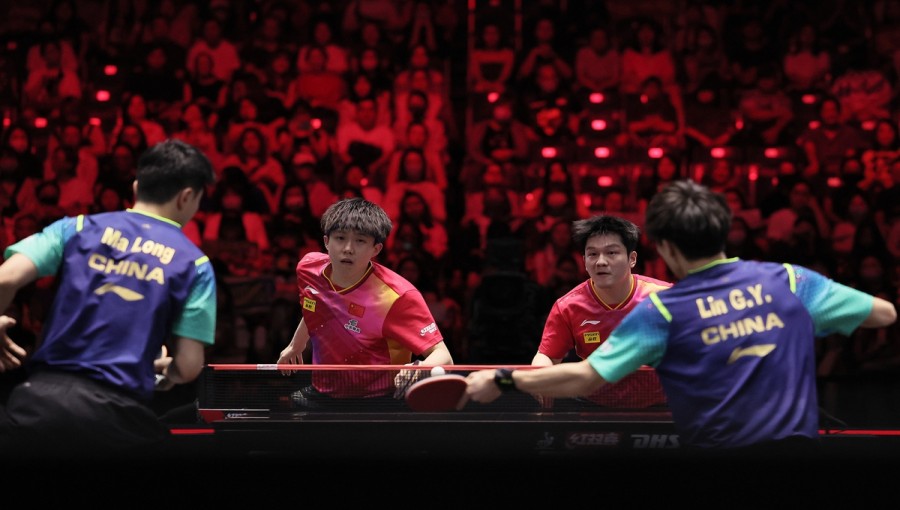

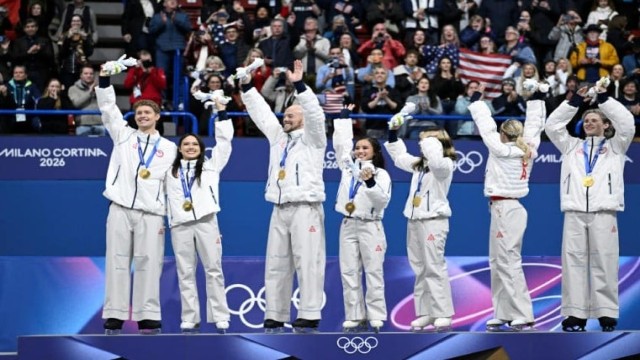

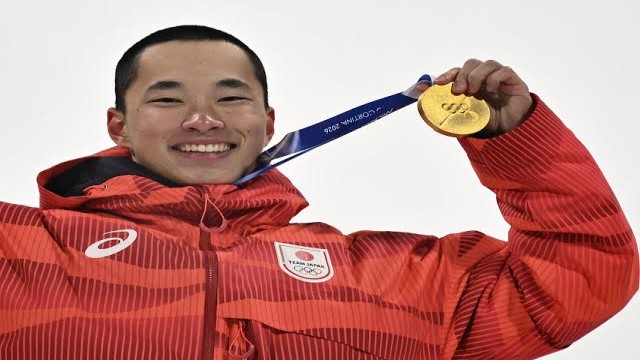
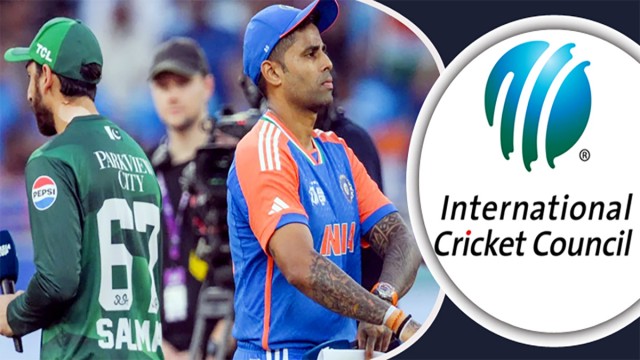

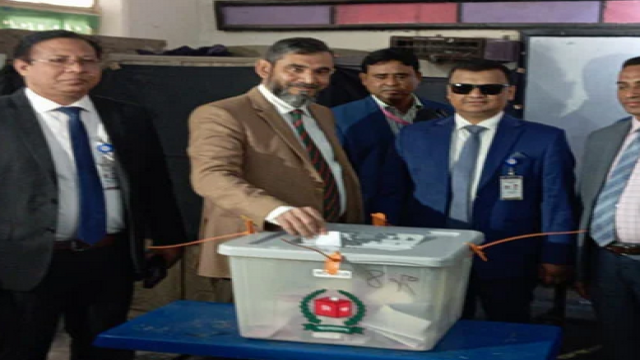
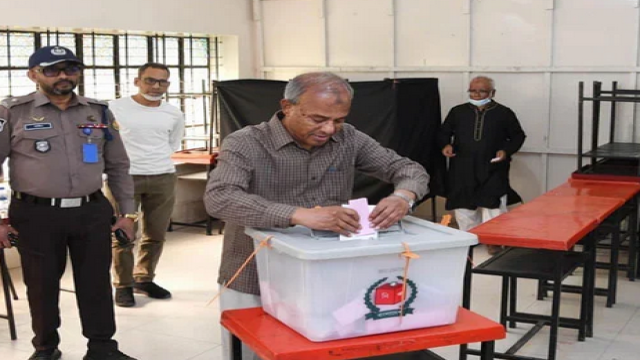
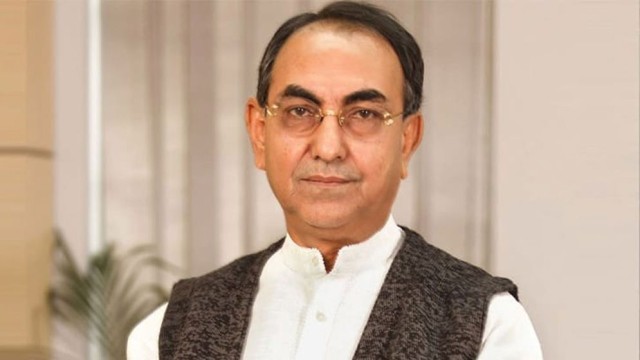
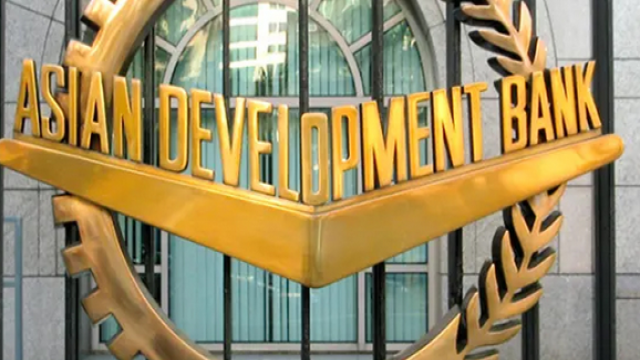

















Comment: